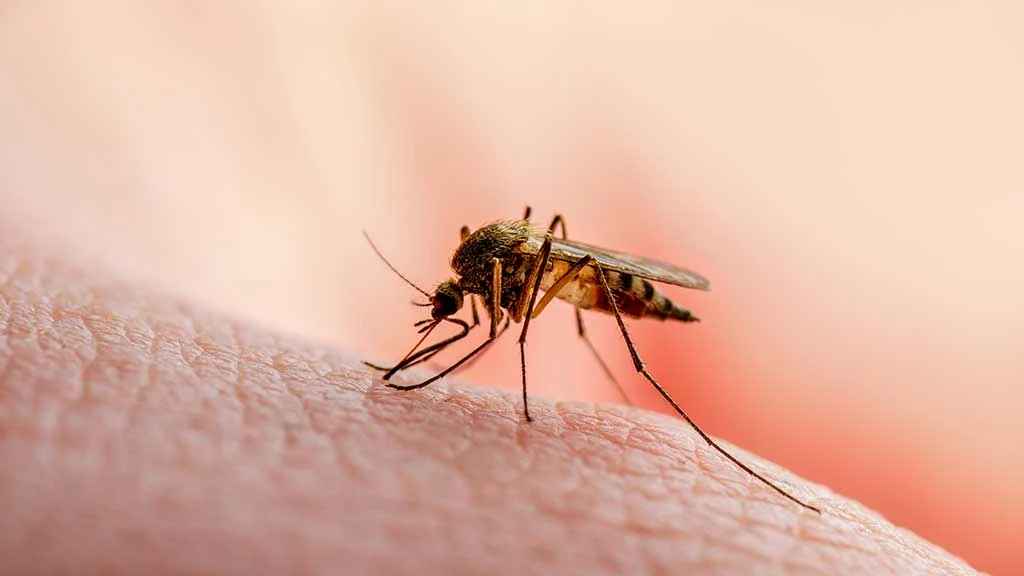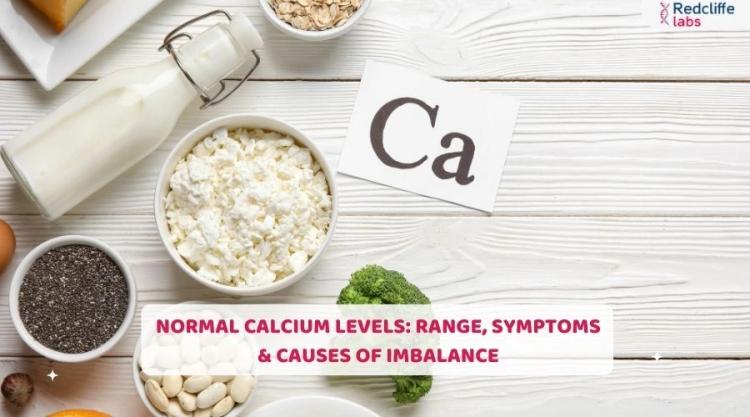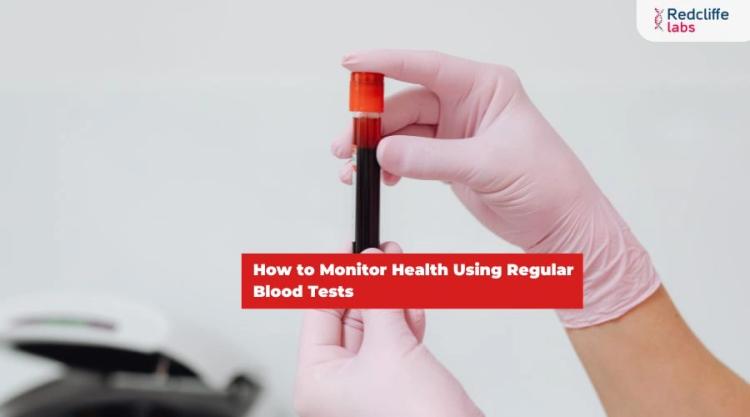Know About the Causes, Symptoms, Diagnosis, Treatment & Prevention of Malaria

Medically Reviewed By
Dr Divya Rohra
Written By Komal Daryani
on Aug 13, 2022
Last Edit Made By Komal Daryani
on Jan 9, 2025

Malaria is a parasitic disease that occurs with the emergence of the rainy season. Malaria, also known as Plasmodium, is a parasite spread by infected mosquitoes to human beings.
Malaria is common in children, but it affects people of all ages. After the invasion of the parasite, it began to destroy the internal organs and blood vessels of the body. Flu and headache are the common symptoms, besides there are some other symptoms too.
This article gives a clear picture of malaria, its symptoms, treatment, and prevention.
What is Malaria Parasite?
Malaria Parasite is a type of parasite which causes malaria, which turns into a life-threatening disease if proper treatment is not implemented.
It mostly takes place in cooler regions. Stagnant water is a birth house for malaria parasites. The infected mosquito bites a person, which results in malaria.
The Malaria Parasite Test is a definitive test for detecting malaria in a patient. The test must be conducted as soon as you encounter malaria symptoms. Let us give you a brief about the symptoms of malaria.
Symptoms of Malaria
The symptoms of malaria are as follows:-
- Sickness
- Headache
- Nausea
- Vomiting
- Loose Motion
- Coughing
- Increase in the rate of breathing
- Fast Heart Rate

Malaria is also followed by shivering and chills, sweating during fever. The signs start showing after a few weeks of malaria parasites invading your body. Certain types of malaria parasites can remain in the body for even a year.
Causes of Malaria
Genus Plasmodium is the parasite that is responsible for causing malaria. After the bite of an infected mosquito, the parasite first reaches the liver and then flows to the bloodstream. The symptoms become prompt when the parasite starts floating in the bloodstream of an infected person.
Diagnosis and Treatment
A Malaria Antigen Test helps detect malaria and allows doctors to offer suitable treatment. Malaria is a fatal health issue that takes place in the body due to the malaria parasite.
Parasites are small host plants that receive their nutrients by living inside the body of another being. Malaria Parasites are transferred to the human body through the bite of an infected mosquito leading to serious health complications.
After the bite, the parasite travels through the bloodstream. Therefore, the doctor collects a blood sample to check the rise of malaria parasites in the body. It starts multiplying in the body, which causes sickness, flu, and headache.
Malaria, which is a serious health issue, is common in subtropical and tropical regions. Malaria has affected millions of people and caused the death of thousands of people. Hence, taking precautions beforehand is vital to prevent its deadly effect.
Need for the Malaria Antigen Test
One must go for the malaria antigen test, or it will have serious consequences on your health. Some health complications occur due to malaria. It is not only with malaria, but this is a fact that applies to all types of health issues.
Any health issues left untreated or ignored at the beginning may lead to serious health issues. The same goes with malaria, if one ignores the symptoms at the initial level, it may lead to following health complications.
Cerebral Malaria
When the parasite attacks the blood of the rain, it results in cerebral malaria. It causes swelling of the brain and may also lead to serious damage to the brain like coma and seizure.
Trouble in Breathing
Malaria may affect your breathing rate and make it difficult for you to breathe properly.
Failure of Organs
The severe impact of malaria can be the failure of the kidneys or liver. Damage to kidneys and livers hampers the entire functioning of the body.
Anemia
As malaria flows through the bloodstream, a patient has a higher chance of having anemia. Anemia is a condition when the Red Blood Cells of the body decrease.
Decrease in the Blood Sugar Level
The ill-effect of malaria causes hypoglycemia (low sugar level), and a shallow level of blood sugar causes coma or even death in some cases.
Preparation Before The Test
There are no such preparations before going for the test. People often ask about the need to fast before the test. The answer is that you don’t need to fast before the test; you can depend on a normal diet and sit for the test.
Prevention
Moving forward with the preventive ways with which you can prevent severe consequences of malaria.
Malaria is a common disease, but there are some preventive measures too. Let’s give you some tips on it.
- Develop the habit of wearing long sleeves clothes to prevent mosquito bites.
- Use mosquito repellent to protect yourself from mosquito bites.
- Prevent the accumulation of stagnant water near your surroundings.
- Mosquito nets must become a vital resource to prevent the bite of mosquitoes while sleeping.
- Consult immediately with the doctor when you are down with symptoms like fever followed by sweating and shivering, headache, nausea, or vomiting.
- Have a nutritious diet containing green vegetables, fibrous fruits, nuts, and seeds to build a strong immune system for fighting against malaria parasites.
- Another way of building a strong immune system is by exercising and working out.
One-Stop Solution
Get a one-stop health solution to your chronic health condition from Redcliffe Labs. The team offers Malaria Tests at an affordable cost to meet the patient's requirements and deliver high-quality health service.
We hope that now you have the complete details on the symptoms, treatment, and diagnosis of malaria, along with the preventive measures. If you ever find yourself suffering from the symptoms, feel free to connect with our team to get diagnosed and avail of the precise treatment. Our team is always ready to render their health service 24/7 and promises to give 100% accurate test results.
Get your test; if there is any issue, connect immediately with the best doctor for a prompt solution.



